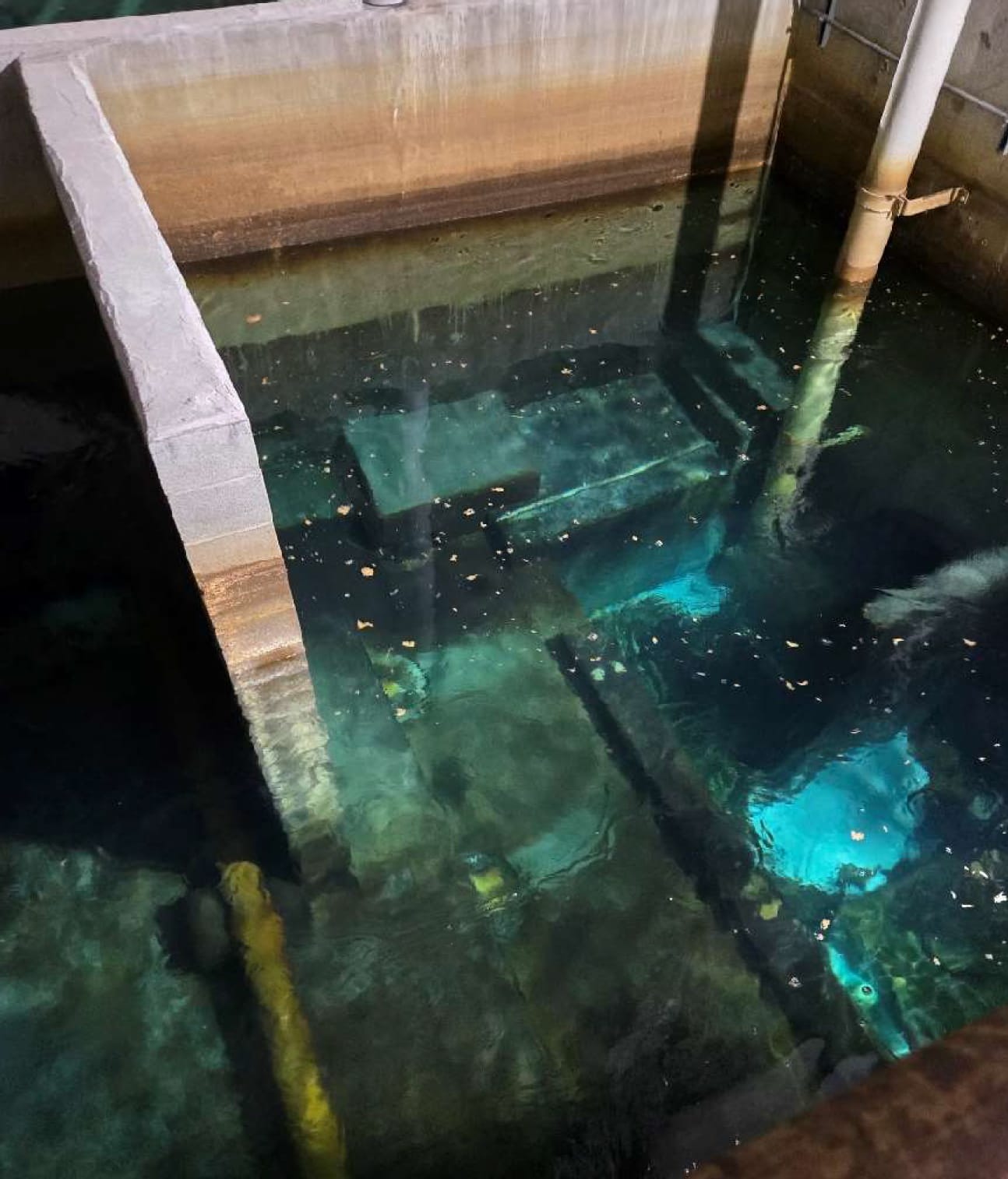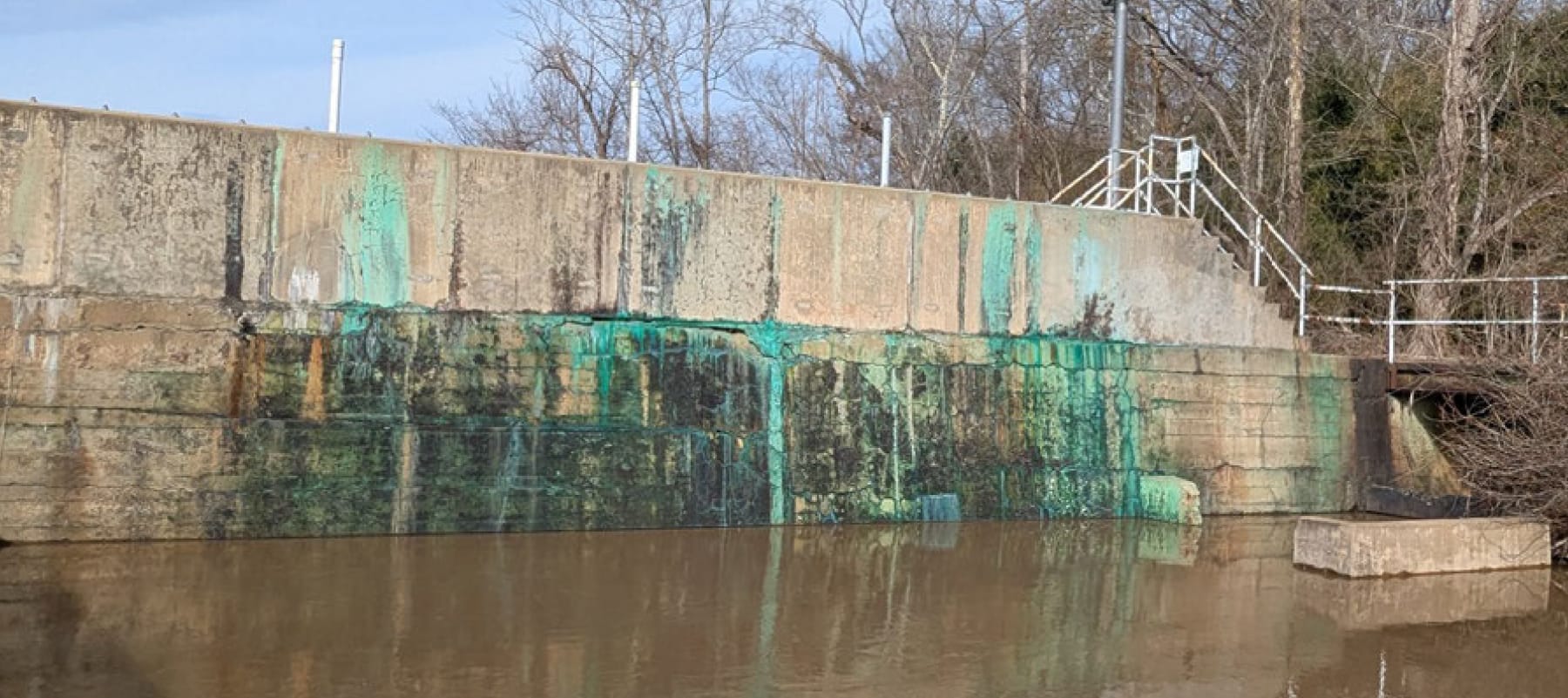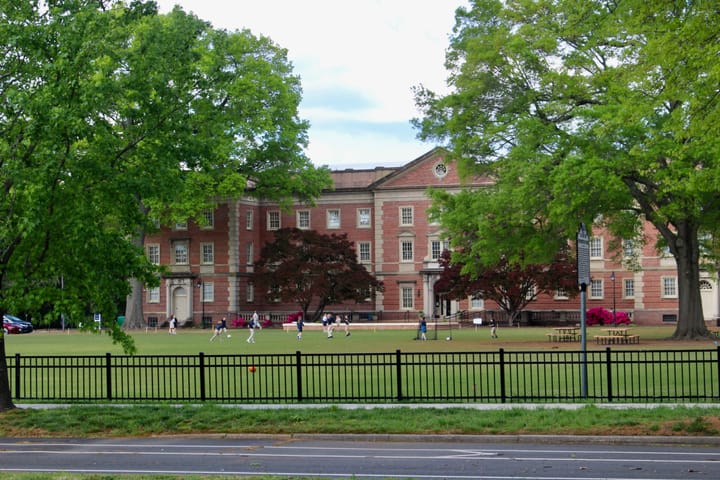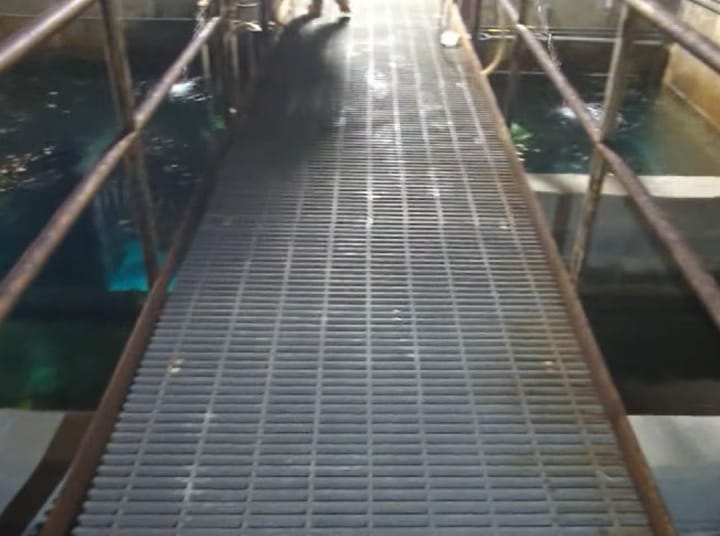
State will put Richmond water plant on corrective plan after review finds faulty batteries caused January crisis
Richmonders recently learned the hard way that the city’s water treatment plant is more than 100 years old.
But the city’s failure to maintain a more modern piece of technology — backup batteries meant to keep key equipment working during a power outage — was the “root cause” that allowed a relatively minor winter storm to knock out the city’s water supply for days, according to the results of a state-initiated investigation.
In a cover letter recapping the state’s findings for Gov. Glenn Youngkin and Richmond Mayor Danny Avula, State Health Commissioner Karen Shelton took an unsparing tone. She strongly implied the Virginia Department of Health’s Office of Drinking Water had overseen a more thorough and detailed investigation than the one the city released earlier this month.
“In contrast to the City of Richmond's report, the ODW investigation found that the water crisis was completely avoidable and should not have happened,” wrote Shelton, a doctor whom Youngkin appointed as health commissioner in 2023.
After state drinking water regulators found 12 “significant deficiencies” at the Richmond plant, Shelton wrote, the state intends to send the city a second violation notice and put Richmond on a corrective action plan to ensure fixes are completed. The concerns VDH identified in their follow-up visits to the plant largely deal with maintenance issues like leaks and corroded pipes, as well as “scum” observed in a finished water basin.

The state review, Shelton wrote, found a “faulty culture” in addition to faulty equipment, one in which problems were worked around or accepted as normal instead of being addressed head-on.
“DPU management and leadership allowed a complacent and reactive culture to persist,” Shelton wrote. “Known problems and flooding risks were not addressed or were allowed to exist for extended periods of time.”
Shelton ended her letter by noting the city has already made several senior management changes in the Department of Public Utilities, which operates the water plant, that are leading to more “active management and an emergency preparedness mentality.”
The Richmonder obtained a copy of the letter, dated Tuesday, as well as the 314-page report prepared for VDH by the infrastructure consulting firm Short Elliott Hendrickson Inc. The SEH report is expected to be formally released later this week.
The report identified nearly $64 million worth of upgrades the city could make at both the water plant and throughout the water distribution system. The city is already doing some of the projects identified in the report, such as replacing the batteries and automating the process of switching the plant to generator power.
Though the report found there was little that staff working at the water plant could have done differently on Jan. 6 to prevent the situation from spiraling, a lack of preparation beforehand “inadvertently amplified the risk” of the catastrophic flooding that occurred.
“General acceptance and normalization of problematic issues at the [water treatment plant] resulted in high risk for a water crisis,” the report says.







